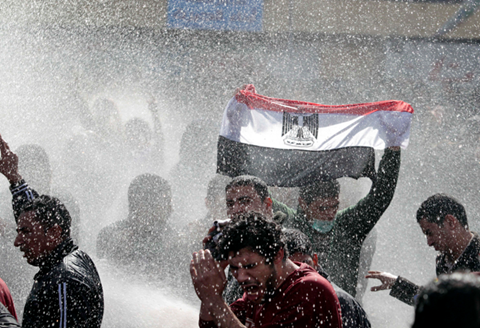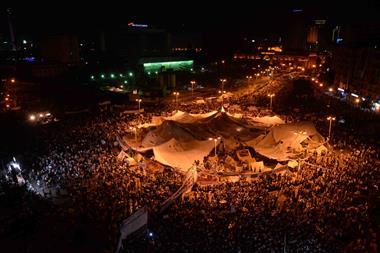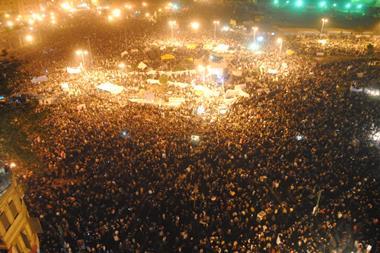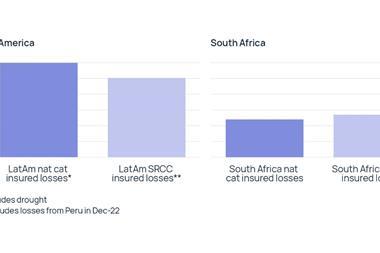President Mohammed Morsi under increasing pressure as millions take to streets

The crisis engulfing Egypt continues to escalate with president Mohammed Morsi coming under increasing pressure to step down.
On Monday, military forces presented Morsi with two days to resolve the current political crisis as months of protests and demonstrations threatened to dismantle his government.
In recent days millions have taken to the streets of Cairo and other cities, staging huge rallies and camping overnight to voice their demand that the Islamist leader should resign.
The protest numbers have been reported to exceed those which ousted Morsi’s predecessor Hosni Mubarak.
Although the protests began as largely peaceful, at least eight people were killed – half of them during the storming and ransacking of the Muslim Brotherhood’s headquarters by activists on Monday.
Overnight the death toll rose as 16 Morsi supporters were killed during demonstrations in Cairo.
Morsi has been urged by US president Barack Obama to respond to the protestors but Morsi remains defiant.
He rejected the army ultimatum, declaring he “was not consulted” and parts of the statement “carry meanings that could cause confusion in the complex national environment”.
He confirmed that he would continue on a “previously plotted path”.
Opposition to Morsi has been intermittently challenging his political decisions, such as decreeing greater authorities for himself, since the incipient protests in November 2012.
They are demanding that they should have fresh elections, organisers have pledged that the protests will not cease until Morsi has stepped down.
Global oil prices have been affected by the disturbances over Egypt, where for the first time since September last year, US light crude prices have reportedly risen to over $100 (€76) per barrel, and the present state of instability raises worries about the disruption it may impose on supply routes through the Suez Canal.




















No comments yet